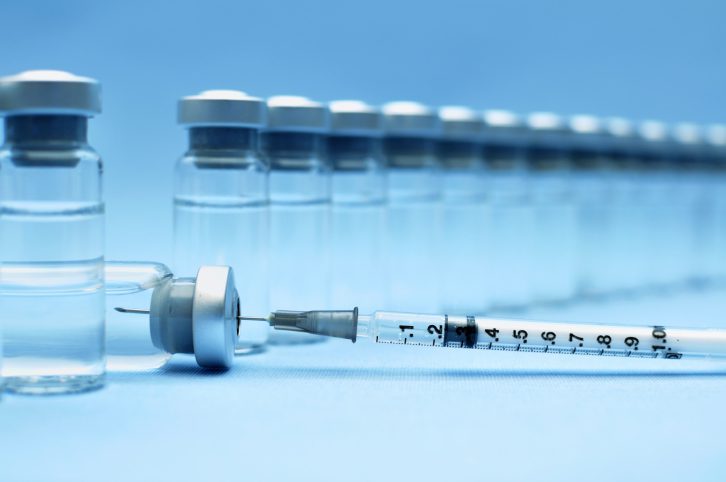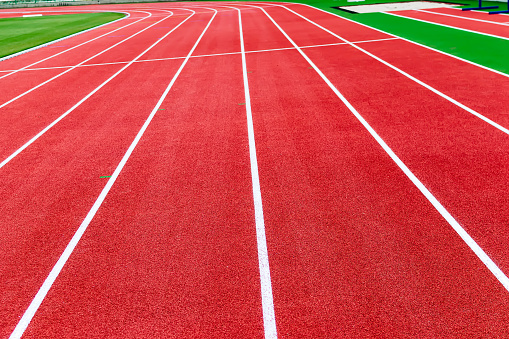Canadian doping tests on hold during COVID-19
Canadian doping control has been put on hold for the foreseeable future

The Canadian Center for Ethics in Sport (CCES) has placed their doping control testing program on hold until further notice. The CCES made this decision in response to government directives and the postponement of the 2020 Olympic Games. The CCES announced it would limit testing on March 20 before ceasing operations last week.

RELATED: Tokyo Olympics scheduled to start July 23, 2021
Athletes will remain in the testing pool
All registered testing pool (RTP) athletes are required to maintain their whereabouts information during this time, despite testing being unlikely.
The honour system
With testing on hold in most countries, athletes are working on the honour system. Beyond out-of-competition testing, the only other form of testing comes from in-competition samples. However, those are also on hold as there aren’t competitions in the near future. For athletes who complete clean, this isn’t an issue. But for those who choose to dope, they could go undetected for the foreseeable future.
RELATED: The shockingly high prevalence of blood doping in endurance track events

Cheating on the rise
The biological passport was introduced to elite track and field in 2011 to catch cheaters by monitoring changes in their blood samples (which can catch blood doping, the practice of boosting red blood cells for improved athletic performance). A research article in Frontiers in Physiology looked at a total of 3,683 blood samples from the 2011 and 2013 World Championships and analyzed the data on athletes from 209 countries.
The study found are massive discrepancies between countries, meaning that some countries are playing by the rules and others aren’t even making an effort. While the section that compared nations’ rates of doping doesn’t identify these countries by name, it’s clear that elite sport is far from a level playing field. Some nations had a completely clean card, with none of their athletes showing blood doping on their biological passport, while other countries were hitting numbers as high at 74 per cent showing infractions. This was the first study of its kind on blood doping.
While NSOs are doing the best they can, given the circumstances, it’s increasingly difficult to enforce the rules. This disadvantages the hard-working clean athletes and serves those who cheat.


